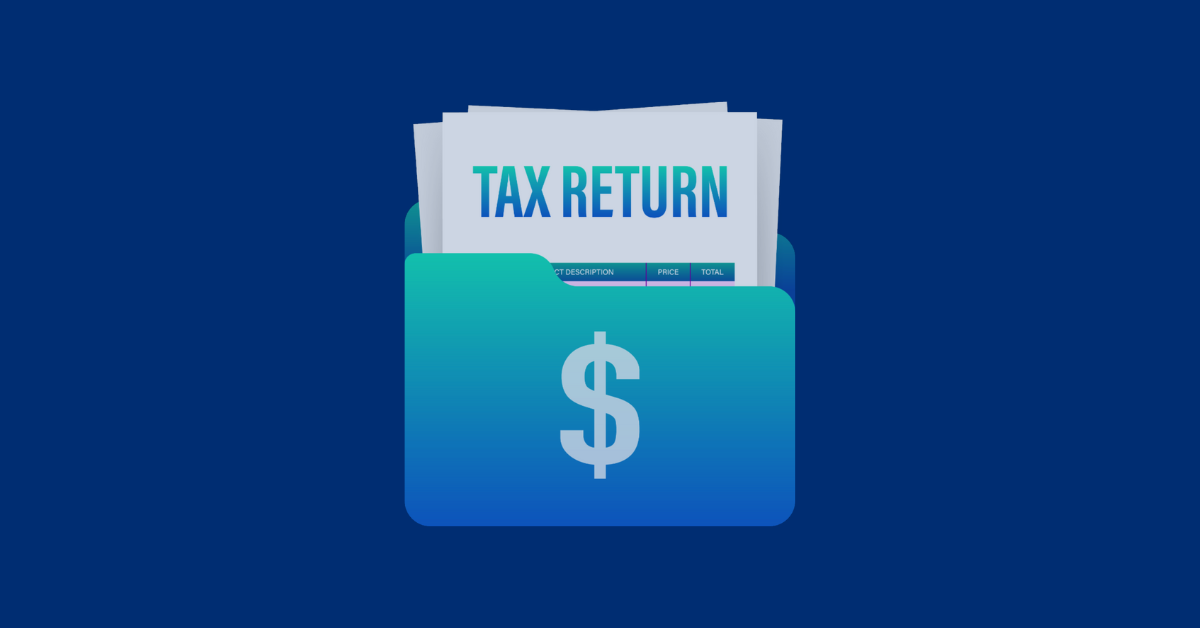The IRS announced it is opening the 2021 individual income tax return filing season on January 24. (Business returns are already being accepted.) Even if you typically don’t file until much closer to the April deadline (or you file for an extension until October), consider filing earlier this year. Why? You can potentially protect yourself from tax identity theft — and there may be other benefits, too.
How tax identity theft occurs: In a tax identity theft scheme, a thief uses another individual’s personal information to file a bogus tax return early in the filing season and claim a fraudulent refund. The actual taxpayer discovers the fraud when he or she files a return and is told by the IRS that it is being rejected because one with the same Social Security number has already been filed for the tax year. While the taxpayer should ultimately be able to prove that his or her return is the legitimate one, tax identity theft can be a hassle to straighten out and significantly delay a refund.
Filing early may be your best defense: If you file first, it will be the tax return filed by a potential thief that will be rejected — not yours. Note: You can still get your individual tax return prepared by us before January 24 if you have all the required documents. But processing of the return will begin after IRS systems open on that date.
Your W-2s and 1099s: To file your tax return, you need all of your W-2s and 1099s. January 31 is the deadline for employers to issue 2021 W-2 forms to employees and, generally, for businesses to issue Form 1099s to recipients for any 2021 interest, dividend or reportable miscellaneous income payments (including those made to independent contractors). If you haven’t received a W-2 or 1099 by February 1, first contact the entity that should have issued it. If that doesn’t work, you can contact the IRS for help.
Other benefits of filing early: In addition to protecting yourself from tax identity theft, another advantage of early filing is that, if you’re getting a refund, you’ll get it sooner. The IRS expects most refunds to be issued within 21 days. However, the IRS has been experiencing delays during the pandemic in processing some returns. Keep in mind that the time to receive a refund is typically shorter if you file electronically and receive a refund by direct deposit into a bank account. Direct deposit also avoids the possibility that a refund check could be lost, stolen, returned to the IRS as undeliverable or caught in mail delays.
If you were eligible for an Economic Impact Payment (EIP) or advance Child Tax Credit (CTC) payments, and you didn’t receive them or you didn’t receive the full amount due, filing early will help you to receive the money sooner. In 2021, the third round of EIPs were paid by the federal government to eligible individuals to help mitigate the financial effects of COVID-19. Advance CTC payments were made monthly in 2021 to eligible families from July through December. EIP and CTC payments due that weren’t made to eligible taxpayers can be claimed on your 2021 return.
Contact us if you have questions or need to make an appointment with your tax preparer.



